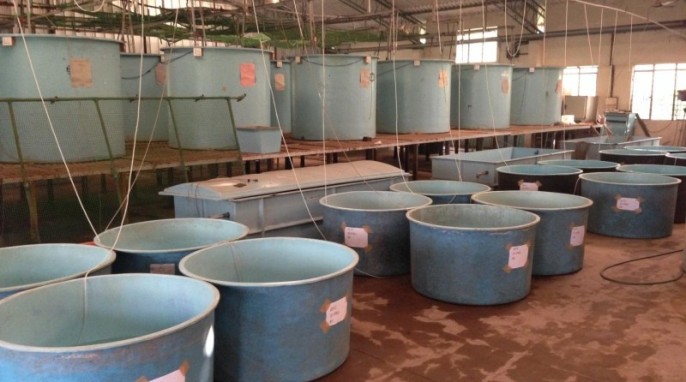Climate change may dramatically affect the availability of shellfish. As the oceans become warmer and less salty, bacteria could threaten the shellfish.
Do you enjoy a tasty shrimp scampi, or perhaps some steamed mussels with lemon? How about a few oysters on the half shell? If so, you won’t be happy to hear that those and other shellfish dishes may soon be harder to come by. Climate change models are predicting rising sea temperatures around the world. In the tropics, rainfall is also predicted to increase, reducing the salt concentration of the surface layer of the sea. Together, these changes are expected to dramatically affect the world supply of seafood.
Shellfish and Climate Change
Higher temperatures and lower salinity will result in a habitat favored by microscopic bacteria in the oceans. More bacteria will impact marine species higher up the food chain. Worryingly, ocean conditions in the not-too-distant future will probably favor disease-causing bacteria and plankton species that produce toxins, such as the lethal PST (paralytic shellfish toxin). These can accumulate in shellfish such as mussels and oysters, putting the humans who eat them at risk.
Recently, a team of researchers investigated how climate change was likely to affect the fledgling Green Mussel industry in South-West India. Working on the Mangalore coast, the scientists raised mussels under high temperature/low salt conditions whilst simultaneously exposing them to toxic plankton and bacteria species. As lead investigator Lucy Turner explains, “If the changes in the environment put the mussels’ bodies under higher stress levels than usual, and we then challenge them with these microorganisms, the immune system may become compromised.”
In the Mangalore study, the combination of warmer water and reduced salinity did indeed have a significant effect on the health (and edibility) of the mussels.
More Demand, Less Supply
According to Turner, climate change will threaten the rapidly-growing tropical shellfish industry, which is already under pressure from India’s increasingly urbanised population.
The demand for marine products is growing at an unprecedented rate. Meanwhile, global warming is believed to have already begun to affect tropical regions. “We know that climate change is altering the timing and duration of the monsoon [season], which can significantly lower the seawater salinity…this is likely to increase the chance of outbreaks of toxic plankton blooms and make farming bivalves such as mussels increasingly challenging,” Turner says.
RELATED: OCEAN ACIDIFICATION THREATENS SHELLFISH
Turner hopes that the results will prompt governments to set up long-term monitoring programs. “The Indian government needs to be vigilant about monitoring coastal water quality, particularly as the shellfish industry continues to grow.”
The researchers now plan to determine whether similar results are observed for oysters and clams, whilst a sister project is investigating how climate change may affect prawn farms.
This research was collectively funded by the Swedish Research Council, Swedish International Development Cooperation, Gothenburg Centre for Marine Research, University of Gothenburg, College of Fisheries Mangalore, and Nitte University. It was presented at the Society for Experimental Biology Annual Meeting 2015.
Image: A mussel farm in South India (Photo courtesy of Lucy Turner)




